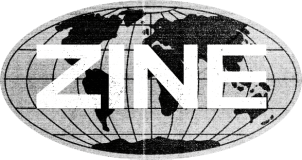A_Framework_To: Frameworks: Dissecting Cultural Concepts
A_FRAMEWORK_TO is a 3-Part series exploring the role of frameworks in breaking down complex cultural concepts to its parts.
No matter your role — strategist, researcher or creative — we’re often required to become overnight experts. It’s no easy feat especially considering the topics, challenges, and phenomenon we’re facing today.
“How can we predict beha…


